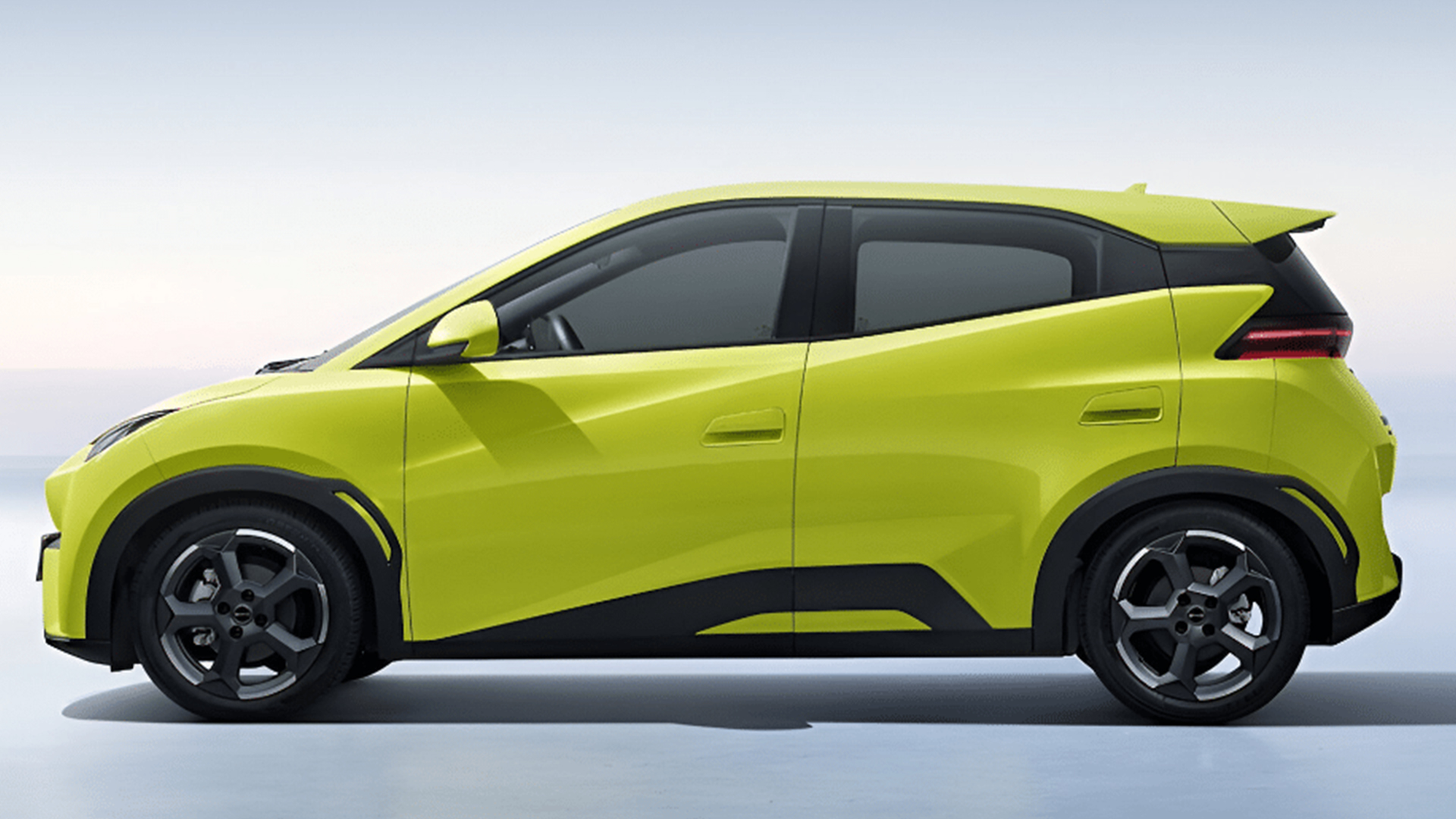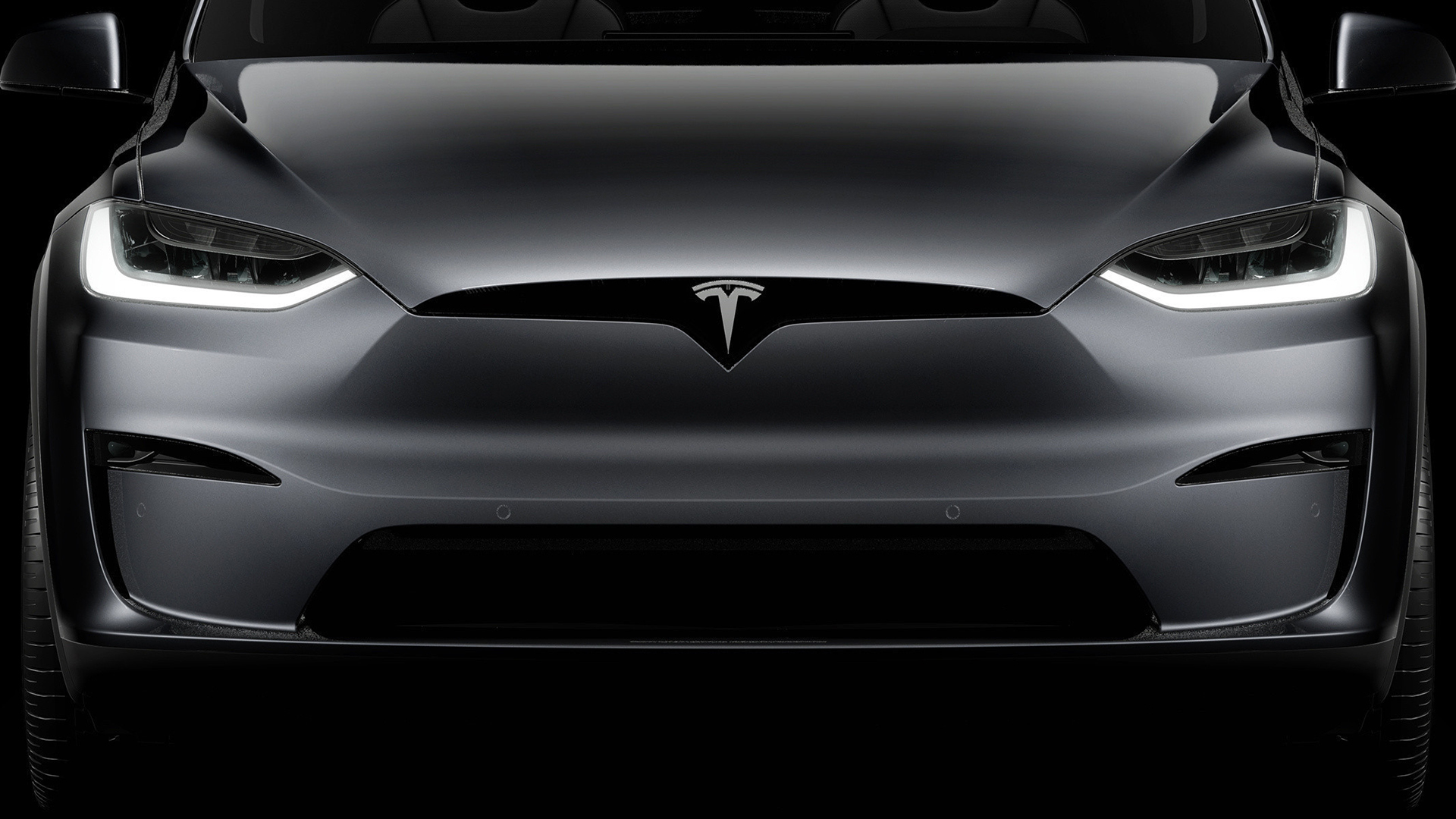Tesla appears to be battling a recent dip in sales by slashing the price of some of its most popular models. Starting in the US late Friday, where it cut the price of the Model Y, Model X and the older Model S, the EV maker soon rolled out discounts to China and then Germany.
According to The Guardian, the cuts reduced the starting price for a Model Y to $42,990 (around £34,850 / AU$66,700), and to $72,990 (£59,100 / AU$113,350) for a Model S and $77,990 (£63,200 / AU$121,100) for a Model X in the US. This represents a saving of circa $2,000 (£1,600 / AU$3,100).
Meanwhile in China, the recently refreshed Model 3 was reduced by 14,000 yuan (about $1,930 /£1,560 / AU$3,000) to 231,900 yuan ($32,000 / £30,000 / AU$49,700), Tesla’s official website showed.
The same model was also the subject of discounts in Germany, where it dropped to €40,990 (£35,400 / $43,670 / AU$67,825) from an original price of €42,990 (£37,130 / $45,785 / AU$71,130).
Fighting fires on several fronts, Tesla has been at the centre of a price war that has been fueled by cheaper electric vehicles from China, many of which are rapidly making in-roads to markets previously ruled by the Californian company.

What’s more, Elon Musk caused confusion by stating that he was switching his attention to driverless Robotaxis, likely to the detriment of Tesla’s more affordable Model 2, which would have made it more competitive with the likes of BYD, its closest rival.
The slashing of Tesla prices continued in other countries in Europe, the Middle East and Africa, while the company also stated it was reducing the subscription cost of its membership scheme that allows access to its Supercharger network in the UK, according to Autocar.
Membership allows owners of non-Tesla EVs to access the vast network of charging stations at a more affordable rate per kW, and it previously costs £10.99 (around $13.50 / AU$20) a month, but has since been lowered to £8.99 (around $11/ AU$17) to attract more users.
The announcement of the price changes comes at a time when Tesla revealed it was cutting 10 per cent of its global workforce in a bid to save money and streamline its operation. As a result, Tesla shares fell below $150 this week, wiping almost $100 off the high it experienced in December last year.
Analysis: EV competition is hitting hard

Elon Musk is not averse to slashing prices in order to heat up competition and cut swelling inventory, as he famously triggered a brutal EV price war in China last year when he dropped the asking price of some Teslas by almost 50 per cent when compared to their sticker price in the US.
Bloomberg says that Musk risks kick-starting a new round of price cuts, as Li Auto Inc immediately responded to the Model 3 price drop by slashing the costs of its L7 five-seat SUV, even going so far as to honour the new price with recent customers and offering cash rebates to existing owners.
Tesla appears to be pulling out all the stops to ensure it is bringing in more revenue after disappointing delivery figures for the start of the year. In the US, the company slashed the costs of its Full Self-Driving subscription by half in an attempt to rally new paying users and bolster an alternative revenue stream.
It’s a bad look for Tesla, especially given that Musk is still asking shareholders to back his previously rejected $56bn pay packet, despite the brutal staff redundancies, price cuts and concerns over dodgy accelerator pedals in Cybertruck.
Tesla is set to announce its Q1 earnings tomorrow, where Musk is likely to face a number of tough questions from disgruntled investors.




















+ There are no comments
Add yours